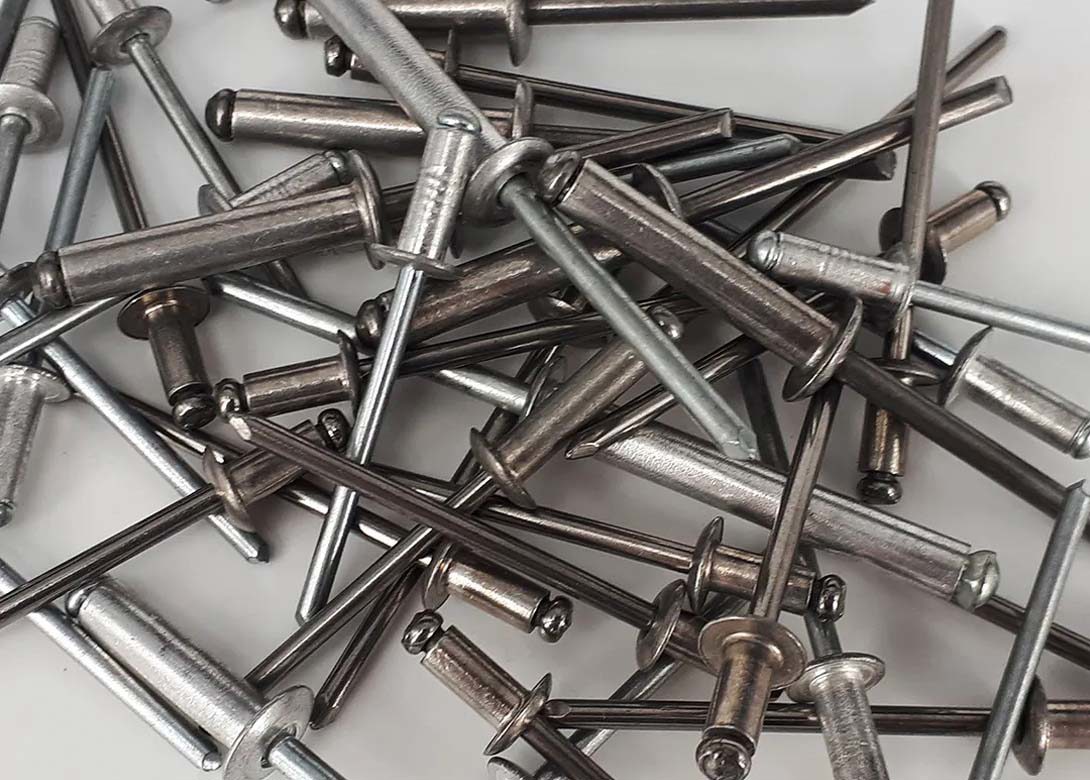
Here, Accu outlines the uses and applications of rivets, screws, bolts, as well as other threaded fasteners. In some instances, the company argues, rivets are more suited to the application than threaded fasteners.
What are rivets?
Rivets are a type of mechanical fastener typically used to create a permanent fixture. They are often used as an alternative solution to expensive solutions, such as welding, or time-consuming options, such as adhesive bonding. As rivets are low cost, easy to install and require minimal time to fasten, they are a popular choice by manufacturers. That being said, the difficulty of removal can limit the number of applications rivets are suitable for.
With the correct drill bit, a rivet can still be removed to allow for repairs or maintenance of the product. Other permanent fasteners, such as welding or bonding, are typically harder to remove. Applications where regular access is required, fasteners have to be easily removed and replaced with minimal risk of damage to both the fastener and the assembly. In this situation, Accu Limited states, threaded fasteners are the better option.
Threaded fasteners
Threaded fasteners, such as screws and bolts, are commonly used in applications where components have to be easily removable and offer simple assembly process. Additionally, screws, nuts and bolts are used in practical applications which have to be disassembled or shipped. Generally, the installation tools for screws, like drive bits, are commonly accessible and less expensive than tools required to instal rivets. With an array of head types and drive types available for threaded fasteners, engineers have plenty of options depending on budget and design.
Why use rivets over threaded fasteners?
Rivets generally offer greater resistance to vibration, making them the better choice for applications where heavy vibration is an issue. Also, rivets can be quickly installed, which is useful when large volumes of fasteners need to be fit for an application. Another advantage being the rivets’ ability to be installed into a blind hole. Unlike threaded fasteners, blind rivets don’t require access to the other side of the fastening surface in order to create a bond. Rivets are also lightweight, which is crucial in applications, such as automotive, where weight has to be taken into consideration at the design stage.
Overall, industry applications which benefit from strengths such as light weight, vibration resistance, fast installation or blind installation will benefit more from using rivets than threaded fasteners.

Becca is the latest member to join our team and is eager to get stuck into the world of fasteners. She brings an enthusiastic and fresh outlook on what we do editorially and will be leading our social media activity – including sourcing material, editing articles and posting online.





